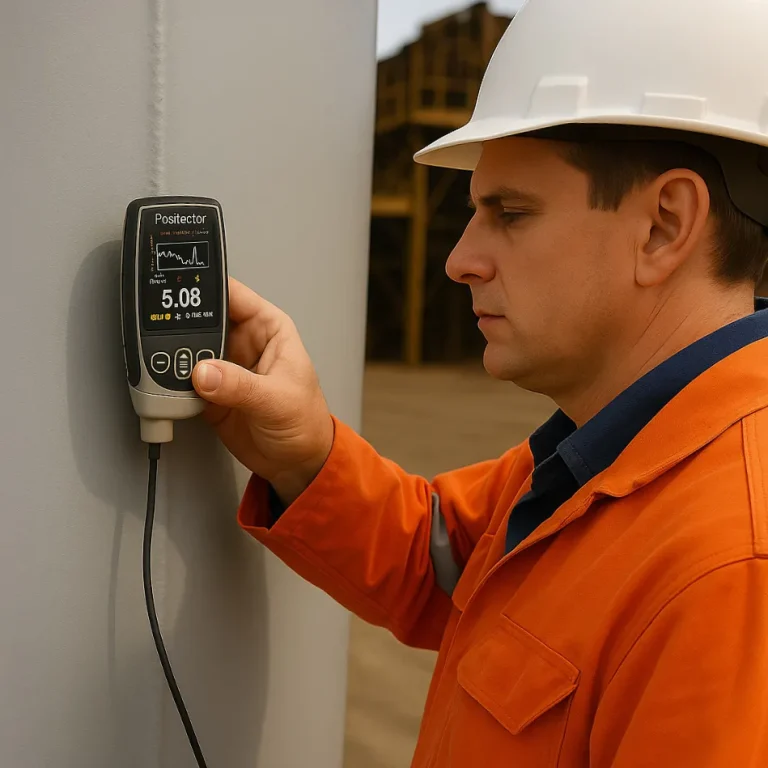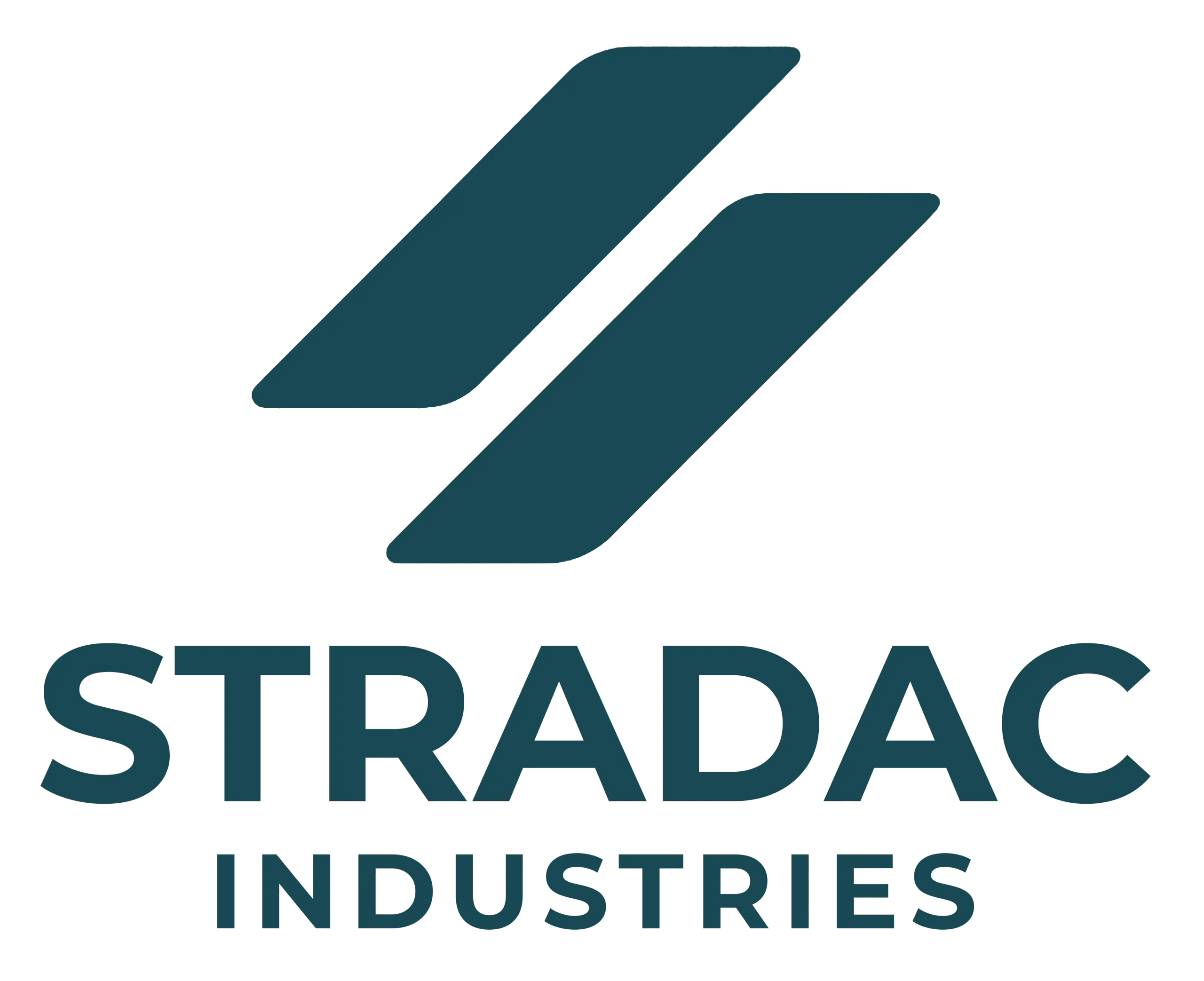Why Coatings Inspections Matter in Industrial and Mining Environments

Let’s be honest, industrial and mining environments are some of the toughest out there. Floors and surfaces aren’t just walked on; they’re hammered by heavy equipment, soaked in chemicals, exposed to temperature swings, and pushed to their limits every single day. When you’re dealing with that level of wear and tear, your coating system has to be bulletproof, and that only happens when every step of the process is done right. That’s where coatings inspections come in.
What Is a Coatings Inspection?
A coatings inspection is a systematic quality assurance process performed before, during, and after the application of protective coatings. It ensures that the substrate is properly prepared, the coating is correctly mixed and applied, and that environmental conditions meet the product specifications.
In a nutshell, it’s about making sure that what’s supposed to protect your surface actually can.
Why It’s Critical in Heavy-Duty Settings
In industrial and mining facilities, downtime is expensive, sometimes to the tune of tens of thousands of dollars per hour. If a coating fails because of poor prep or rushed installation, you’re not just facing a cosmetic issue. You could be dealing with:
Corrosion of structural elements
Slips, trips, and workplace safety risks
Contamination of critical work zones
Delays in production or maintenance
Warranty voids due to non-compliance
It’s easy to underestimate the impact a small defect can have. But in the wrong place, like a loading bay, fuel storage area, or chemical containment zone — those small defects can escalate quickly into costly, avoidable disasters.
What a Certified Inspector Actually Does
This isn’t just about giving things a once-over with a clipboard. A certified coatings inspector (like our in-house NACE Level 2 inspectors) uses specialized tools and a trained eye to verify that each part of the coating system is installed properly. This can include:
Verifying the surface profile (SP) meets manufacturer specs
Checking ambient conditions like temperature, humidity, and dew point
Monitoring mixing ratios and pot life of coatings
Performing wet film and dry film thickness measurements
Identifying inconsistencies, pinholes, or contaminants
Ensuring proper curing before returning the surface to service
It’s not about micromanaging, it’s about protecting your investment and ensuring the product performs as intended in extreme environments.
Inspections Aren’t Just for New Surfaces
Think inspections are only for new installs? Think again. Regular inspections of existing coatings help identify early signs of wear, delamination, or damage before they become major repairs. In the mining and industrial sectors, proactive maintenance always beats emergency response.
Whether you’re managing a fleet service garage, a mine shaft corridor, or a production facility, periodic coatings assessments can help extend the life of your coating system and avoid unplanned shutdowns.
How Stradac Industries Takes It a Step Further
At Stradac Industries, coatings inspections aren’t an optional add-on, they’re part of our DNA. We don’t cut corners, and we don’t take chances. Our certified inspectors are involved from the planning stage through to final walkthroughs, ensuring every spec is met, and every risk is accounted for.
We also document every phase of the project, so clients have full transparency. Photos, test results, inspection forms, it’s all part of delivering a coating that’s built to last and backed by confidence.
Final Thought: Don’t Gamble with Performance
When it comes to industrial coatings, it’s not just about what product you use, it’s about how it’s applied, under what conditions, and with what quality controls in place. Coatings inspections give you that assurance. They’re the difference between a system that should work and one that will.
Whether you’re protecting concrete from chemical attack, adding traction to a slippery surface, or sealing a fuel containment zone, make sure coatings inspection is part of your process. Your facility, your team, and your bottom line will thank you.
